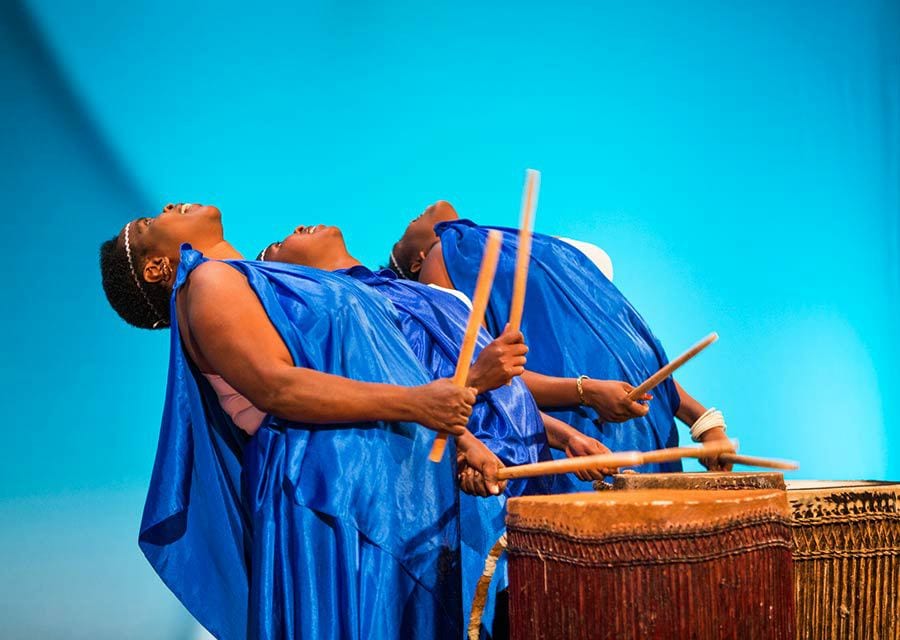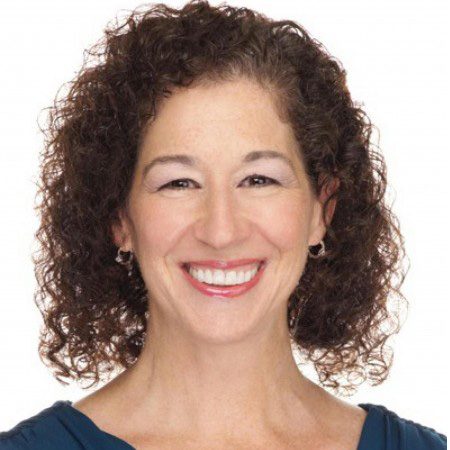Last month I had the privilege of attending the TEDWomen “Invented Here” conference in San Francisco. After listening to powerful sessions focused on everything from novel ways to address poverty to new approaches to leadership, I left the event feeling inspired and energized.
Since then, I’ve thought a lot about what made the talks so compelling and what gave the stories the power to stay with me. Clearly the presenters had meaningful, timely stories to tell but beyond that, the presenters combined those stories with insights, a sense of entertainment and used effective storytelling techniques that kept the audience laughing, gasping and cheering in response.

“In one of the most exciting moments of TEDWomen 2013, Ingoma Nshya — the first female drumming troupe in Rwanda — took the stage to show off their percussion chops.” Image & caption via Ted.com.
Here are 10 TED-inspired storytelling tips that I think can be applied to presentations of all kinds. I hope they are useful to you as you plan to tell your next story.
1. Keep it short: TED presentations are capped at 20 minutes, making for dense, content-rich presentations.
2. Practice until being on the stage is almost second nature. According to the TED presenters I spoke to, they started putting together their talks as much as six months in advance, with most using coaches, soliciting feedback and continually refining their sessions before going “live.”
3. Grab the audience’s attention right away. Inventor Jessica Matthews came onto the stage jumping rope – in heels – to demonstrate how common objects of play could generate electricity. She then snapped an adaptor into the jump rope’s handles and plugged in her phone to charge it. Powerful opening.
4. Take your audience on a journey. Krista Donaldson described where she started, where she went and where she ended up when she told the story of how she came up with an inexpensive, light prosthetic for people in third world countries.
5. Pull out the props. Sisters Maggie Wilderotter, CEO of Frontier Communications, and Denise Morrison, CEO of Campbell Soup Company, drew “chores” from “chore jars” throughout their presentation as they told how they were raised and how that helps them lead today.
6. Show your passion. Boyd Varty, author of “Cathedral of the Wild” used his voice, facial expressions and body movements as well as music and large-scale photographs to keep the audience engaged. At one point, he nearly crawled across the stage while telling a riveting story of escaping from a crocodile.
7. Add moments of surprise and delight. Diana Nyad, who at the age of 64 swam from Havana to Key West, unexpectedly broke into song with John Lennon’s “Imagine,” which she said helped keep her spirits up during her intense and exhausting journey.
8. Personalize your message. Speech Scientist Rupal Patel shared what William, her 9-year-old patient said when he heard his speech synthesizer “speak” with a voice she helped customized for him for the first time: “Never heard me before.”
9. Use memorable language. Angela Patton, who relayed the story of holding a father-daughter dance inside a prison made the observation, “Just because a man is locked in, doesn’t mean he should be locked out of his daughter’s life.”
10. Build in energy interludes. Finally, if you are planning an all-day meeting or a long day of presentations, build in energy breaks. The last session of TEDWomen began with a blood-pumping performance by the first all-female drumming troupe in Rwanda.
Even in those rare moments when the TEDWomen conference had a small hiccup in technology or some interruption, the hosts of the day provided those in attendance with highly engaging entertaining banter to the point where you really didn’t mind, and even appreciated the moment to just sit and take it all in. Now that’s the power of storytelling.



